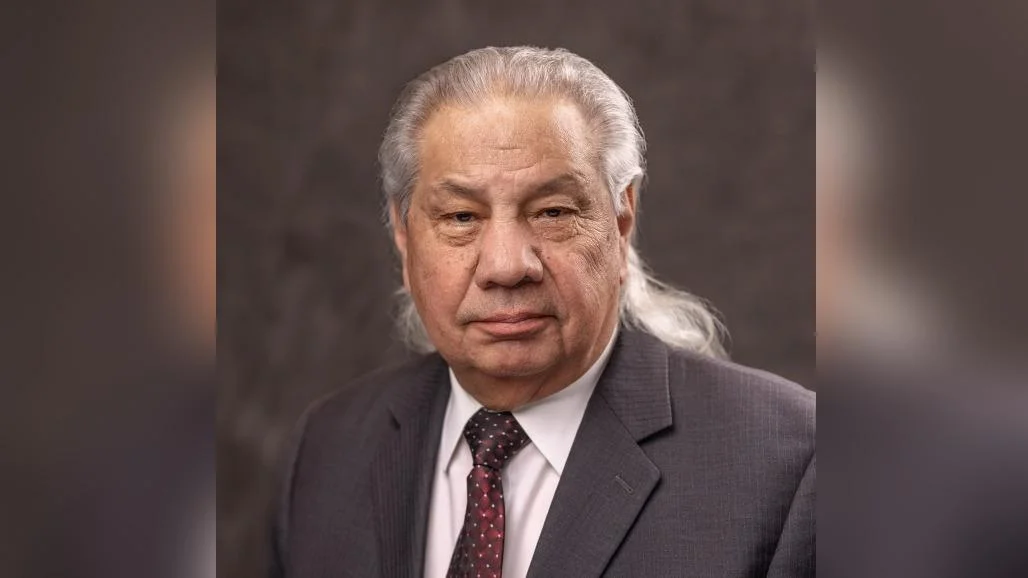Since 1978, Congress has approved thirty-five Indian water rights settlements, with an additional four approved administratively by the United States Departments of Justice and Interior. As of June 2025, twelve Indian water rights settlements are pending congressional approval. These settlements represent a significant backlog and ongoing efforts to resolve Tribal water claims through negotiated agreements rather than litigation.
On August 6, 2025, the Native American Rights Fund (NARF) and the Western States Water Council (WSWC) will host the biennial Symposium on the Settlement of Indian Reserved Water Rights Claims. This virtual event will feature discussions among Tribal, State, and Federal representatives about current issues in Tribal water rights settlements. Registration for the symposium is free.
The resolution of Indian water rights claims through legal settlement is preferred over litigation, as upheld by the Department of the Interior since 1990. The process involves pre-negotiation, negotiation, settlement, and implementation with Federal, Tribal, State, and local stakeholders playing crucial roles. Federal teams from various agencies collaborate to reach mutually beneficial outcomes. Most settlements require congressional approval and federal funding for infrastructure.
Key elements of these settlements include quantification of Tribal water rights, enforceable decrees or agreements for compliance, funding provisions for infrastructure projects or trust funds for Tribal use, and waiver provisions where Tribes waive further claims beyond those recognized in the settlement.
As of summer 2025, twelve settlements await congressional authorization to unlock federal funding necessary for infrastructure and implementation. Examples include the Tule River Tribe Reserved Water Rights Settlement Act of 2025 and the Northeastern Arizona Indian Water Rights Settlement Act of 2025.
Congressional approval is essential as it typically requires federal appropriations for implementation measures. Until Congress acts, settling Tribes cannot access full benefits such as project funding to deliver water to their communities. The timeline for congressional action remains uncertain due to legislative processes involving hearings and negotiations.
In summary, pending Indian water rights settlements remain in legislative limbo until Congress acts on them. Efforts have been made to expedite approvals but no broad law has been enacted specifically for this purpose. For instance, the Biden Administration encouraged mandatory funding consideration in its budget proposal to streamline implementation.
Despite past efforts like the Colorado River Indian Tribes Water Resiliency Act setting precedents for flexible tribal water management with bipartisan support in Congress; there is no single initiative that expedites all Indian water rights settlements universally.
Key players involved include Tribal Nations seeking quantified secured rights; Federal Government entities such as Department of Interior leading negotiations; State Governments managing state-level allocations affected by these agreements; Local Water Districts/Private Users whose existing access may be impacted; along with Congressional involvement required especially when federal changes/funding are needed.
Funding remains a hurdle where settling Tribes seek $12 billion combined from discretionary appropriations/mandatory funds like Reclamation Water Settlements Fund scheduled till FY2034 or recent $2.5 billion appropriation under Infrastructure Investment Jobs Act - without which most if not all cannot come into fruition meeting needs effectively without necessary infrastructure/water development purposes supported federally/local cost-share contributions states/settling parties provide otherwise insufficiently alone otherwise lacking adequate resources independently fulfilling requirements fully otherwise unmet adequately lacking sufficient means alone unsupported independently fully meeting requirements sufficiently otherwise unmet inadequately lacking sufficient means unsupported independently fully meeting requirements sufficiently otherwise unmet inadequately lacking sufficient means unsupported independently fully meeting requirements sufficiently otherwise unmet inadequately lacking sufficient means unsupported independently fully meeting requirements sufficiently otherwise unmet inadequately lacking sufficient means unsupported independently fully meeting requirements sufficiently otherwise unmet inadequately lacking sufficient means unsupported independently fully meeting requirements sufficiently otherwise unmet inadequately lacking sufficient means unsupported independently fully meeting requirements sufficiently otherwise unmet inadequately lacking sufficient means unsupported independently fully meeting requirements sufficiently otherwise unmet inadequately lacking sufficient means unsupported independently fully meeting requirements sufficiently otherwise unmet inadequately lacking sufficient means unsupported independently fully meeting requirements sufficiently otherwise unmet inadequately lacking sufficient means unsupported independently fully meeting requirements sufficiently otherwise unmet inadequately lacking sufficient means unsupported independently fully meeting requirements sufficiently









